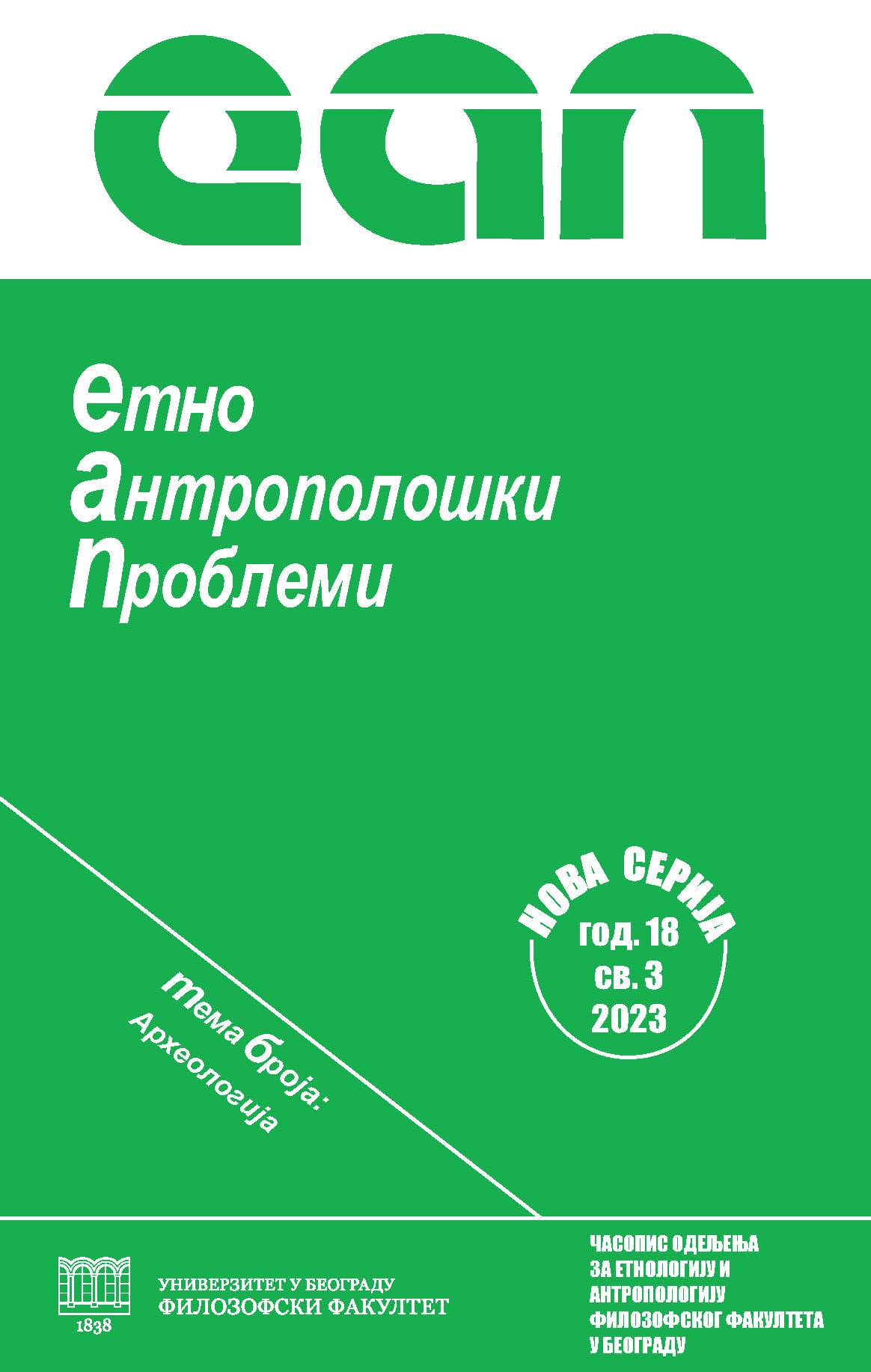Usklađivanje poljoprivredne politike Republike Srbije sa pravnim tekovinama Evropske unije – zaštita životne sredine i uticaj na položaj poljoprivrednika
Harmonization of the agricultural policy of the Republic of Serbia with the the European Union acquis – environmental protection and impact on the position of farmers
Author(s): Sofija Nikolić Popadić, Marko MilenkovićSubject(s): Law, Constitution, Jurisprudence
Published by: Филозофски факултет, Универзитет у Београду
Keywords: Common Agricultural Policy; European Union; agricultural producers; EU accession; economic changes; cultural changes
Summary/Abstract: Agricultural policy is one of the key public policies and has a significant impact on farmers as well as on the population living in rural areas. The poli- cy comprises various development goals and represent the starting point for the adoption of regulations that have a direct impact on agricultural producers and their lives. The paper first analyzes the current agricultural policy in Serbia. The second part of the paper is dedicated to the Common Agricultural Policy of the European Union, followed by an analysis of the level of harmonisation of the agricultural policy and regulations of the Republic of Serbia with the Common Agricultural Policy of the European Union. Bearing in mind that the Common Agricultural Policy is currently undergoing transformation and that the imple- mentation of new measures is expected from 2023, it is analysed how this change will affect Serbia in the coming years, given that the new Agriculture Strategy is to be adopted as the current one expires in 2024. The paper specifically analyzes how measures for environmental protection and climate change will affect the lives of the rural population. Introduction and implementation of new and in- creasingly complex measures, such as new ways of agricultural production, soil cultivation, reduced use of pesticides and artificial fertilizers, as well as greater representation of organic production bring significant benefits to the environ- ment and contribute to the reduction of greenhouse gas emissions and to climate change mitigation. Until now, farmers have been expected to change their former traditional approaches to agricultural production, among which the burning crop residues stands out as important for the environment, and in the future the greater demands will be placed on farmers, especially having in mind climate change mitigation and adaptation measures. As the paper concludes, the key role in this process must be played by the farmers themselves, who are expected to change, often traditional patterns of production and living in rural areas.
Journal: Етноантрополошки проблеми
- Issue Year: 18/2023
- Issue No: 3
- Page Range: 909-928
- Page Count: 20
- Language: Serbian

